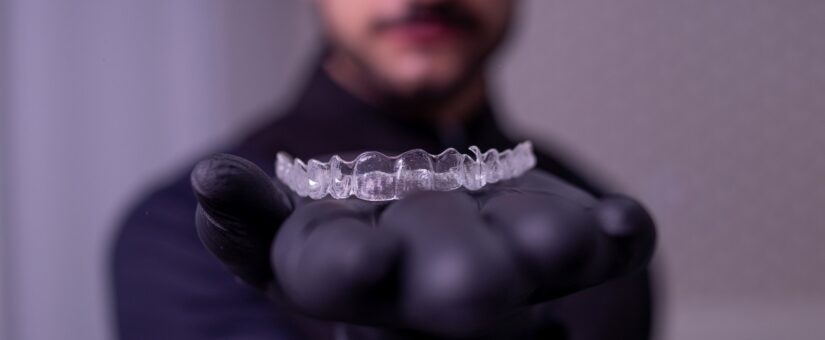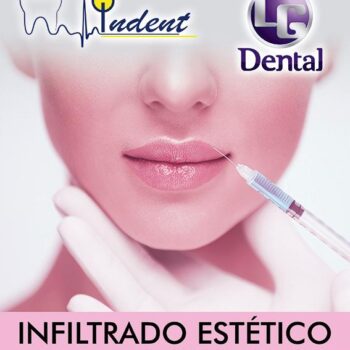
The importance of prescription in dental aligners
- On December 6, 2021
- brackets, dental aligners, orthodontics
A few days ago, L came to my dental clinic because she wanted to get her wisdom teeth extracted as she was undergoing an orthodontic treatment. So far, everything seems normal. But things start to get complicated once I asked L for a signed declaration from her dentist to proceed with the extraction of her wisdom teeth. When a patient is prescribed the extraction of wisdom teeth for orthodontic reasons, the dentist or professional that prescribes this procedure must send a written request in order to guarantee that the extraction is justified and that we are not mutilating the patient.
At this point, the patient told me that she has attended a franchise of dental aligners, where she undertook a dental study and she was verbally informed that she should get her wisdom teeth removed to get some space in the mouth, but nobody wrote a prescription for it. Attending this type of franchises, in which a support staff – who usually does not have any dental training – performs a digital scan of the mouth, without the criteria of a professional orthodontist and in order to conduct treatments at home, can be very dangerous. This kind of treatments may not only have an impact on the patient’s aesthetic and bite alignment, but also may affect other important functions, such as speech and communication, mastication and even breathing and swallowing.
The planning of an orthodontic treatment must be managed by a professional who monitors closely the treatment in order to avoid causing problems for the patient, in terms of the closure and opening of the mouth, as well as limiting any damage that may cause a poorly performed, unsupervised treatment.
The Spanish Society of Orthodontics has already spoken out about the risks of using dental aligners without the supervision of an orthodontist and the Spanish General Council of Dentists has reported these trading companies to the Spanish Agency for Medication and Healthcare Products, as their objective is dispensing medical products directly, whose prescription can only be carried out by a dentist, as it happens with orthodontic treatments involving “invisible” (transparent) aligners.
L decided to call the clinic where she was treated and asked for the prescription for the extraction of her wisdom teeth. Evidently, they were not able to provide her with a written request since there was no registered dentist working there – it is obvious that if the company failed facing a minimal precautionary situation, imagine if there were serious complications. Fortunately, in L’s case, she realized that she could not undergo an orthodontic treatment in such circumstances, so she decided to leave the franchise and looked for a registered dentist.
This article has been written by Dr. Luis Miguel Sánchez Suárez.


